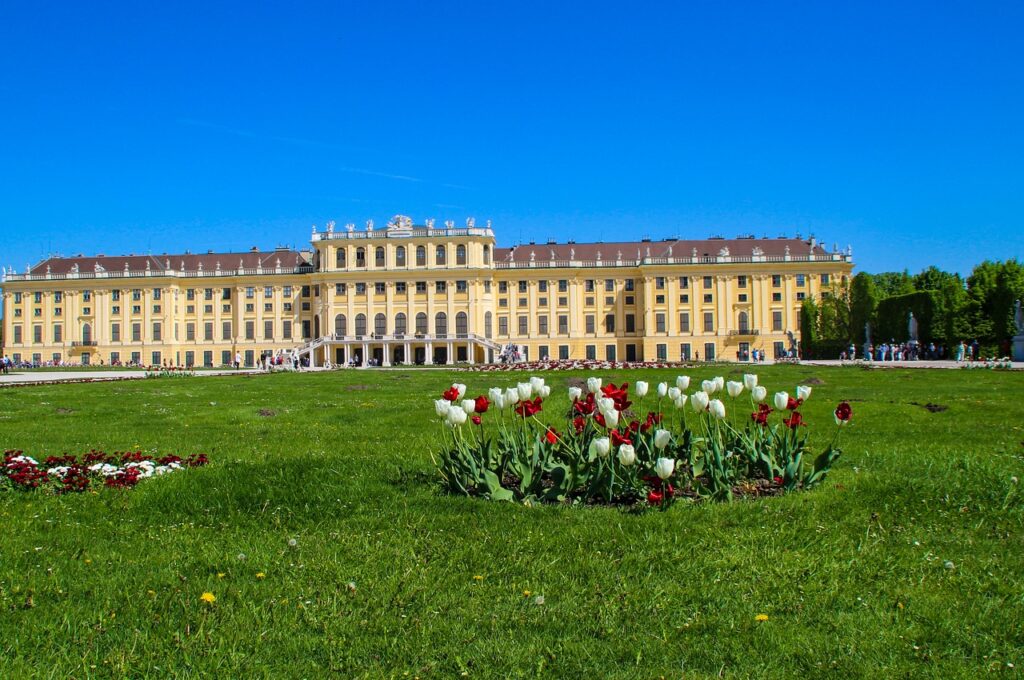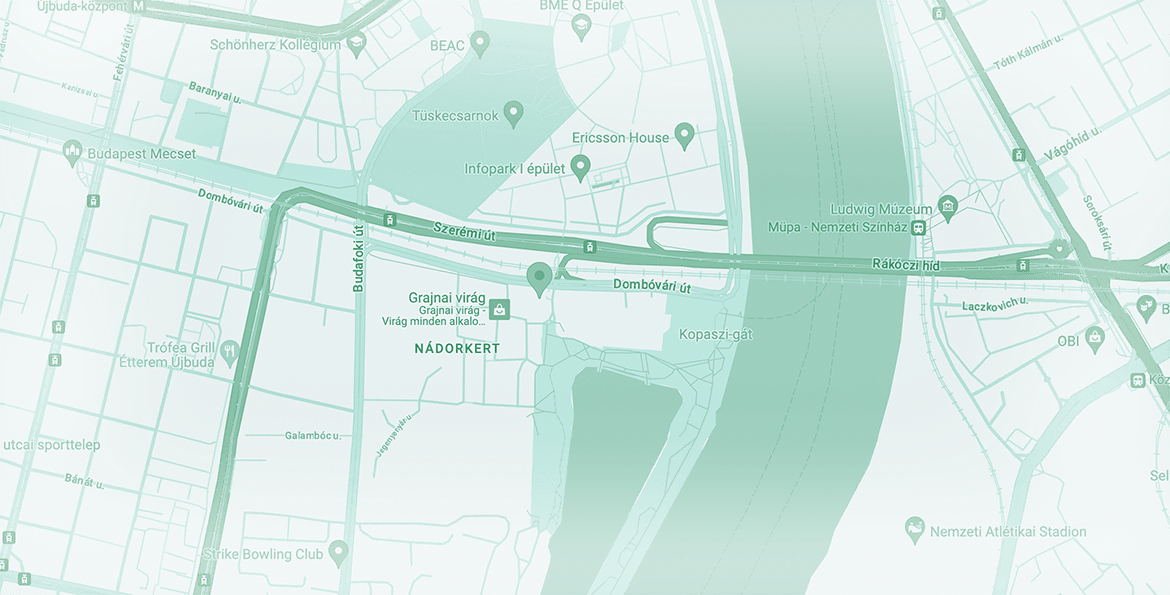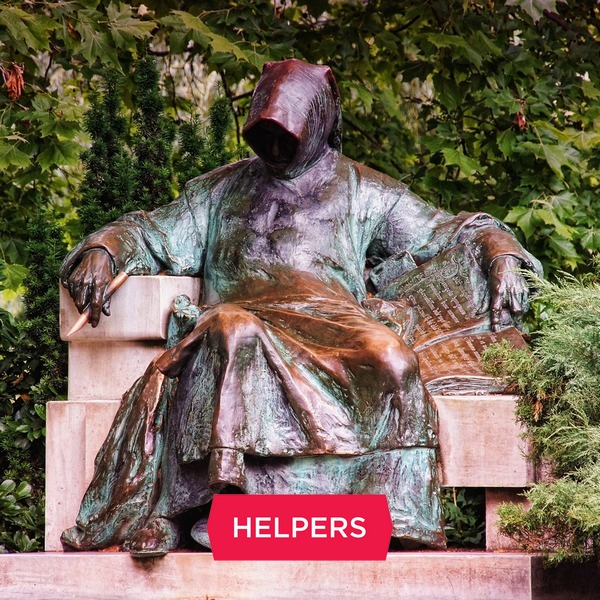
Austria-Hungary and your Hungarian citizenship
If you are applying for Hungarian citizenship based on ancestry, there is a chance that your ancestor was not born in present-day Hungary. This is because the territory of Hungary shrank significantly after World War I, whereas its predecessor, Austria-Hungary sprawled over most of Central Europe. If your ancestor identified as Hungarian, however, you may still qualify for citizenship without problems.
If you are applying for Hungarian citizenship based on ancestry, there is a chance that your ancestor was not born in present-day Hungary. This is because the territory of Hungary shrank significantly after World War I, whereas its predecessor, Austria-Hungary sprawled over most of Central Europe. If your ancestor identified as Hungarian, however, you may still qualify for citizenship without problems.
Austria and Hungary in a nutshell
The current borders of Hungary were defined after World War I in 1920 by the Treaty of Trianon. Before that, Hungary was a member of the Austro-Hungarian Monarchy, called Austria-Hungary or simply the Monarchy for short. It included the territories of modern-day Slovakia, Ukraine, Romania, Croatia, Serbia, Slovenia, the Czech Republic, and even Poland and Italy.
The history of Austria and Hungary goes back to the 14th century, when the first Habsburg prince of Austria became king of Hungary. After that, the Habsburgs of Austria were on and off the throne of Hungary for the next almost 600 years.
Austria-Hungary: 1867-1918
The Austro-Hungarian Monarchy was a unique entity, where Austria and Hungary were joined into one state: the emperor of Austria was also the king of Hungary. Foreign policy, defense, and financial matters were handled together, but in other matters the two countries enjoyed sovereignty. (At the same time, the kingdom of Croatia-Slavonia also enjoyed some autonomy, but it belonged under the Hungarian crown.)
The 1867 agreement that created Austria-Hungary put an end to the hostility between the two nations that only got worse after the 1848-49 revolution of Hungary, which was brutally crushed and ended in almost 20 years of further oppression. The new form of government, however, allowed for an era of relative autonomy and prosperity in Hungary. Pieces of art and durable commodities (e.g. furniture) created in this period are still referred to as made “during the peace”.
Austria-Hungary was a central power in Europe. Still, its existence was cut short by World War I, at the end of which the Monarchy was split. Various territories of Hungary were attached to newly created neighboring countries, most of which you can still see on up-to-date maps.
Ethnic Hungarians within Austria-Hungary
The Austro-Hungarian Monarchy was made up of several nations, and only 20% of the population was actually Hungarian. Most of them lived in the Carpathian basin or in the surrounding mountains, but some communities settled further. For your application, the most important factor is whether your ancestor was ethnic Hungarian. Their birthplace is normally a good indicator of that, whether it is within the current borders of Hungary or not.
If the location is not a part of modern-day Hungary, the next question is whether it is known for its Hungarian community. If it is not, you will need further proof to support your claim that your ancestor was Hungarian.
Ask for expert help with genealogy research
If your Hungarian ancestor did not live in the territory of present-day Hungary, you can still qualify for Hungarian citizenship, especially if the location is somewhere in the territory of former Austria-Hungary. Let our experts review your available documents to see if you need more evidence. In case you need additional documentation, our genealogy research team will be happy to help you find the data and documents you need.
Contact
Get in touch today
Monday - Friday
9am - 5pm CET
Helpers Hungary Kft
Budapart Gate
Dombóvári út 27
Budapest 1117, Hungary
If you’re visiting us, please use entrance A and come to the 2nd floor.





